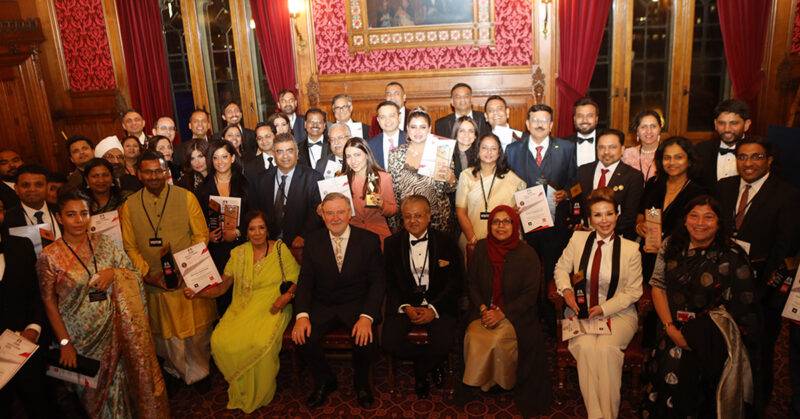Royal Institute of Colombo (RIC) is an associate company of Royal Institute, a premier English medium private educational institute in Sri Lanka. For RIC, it all started in 1971 when its founder and current chairman G.T. Bandara started preparing students for Local A/Levels examinations and B.Sc. degrees (External) of the University of Peradeniya in Physical and Biological Sciences. After witnessing a lot of success, Royal Institute International School of Higher Education was established as a private limited liability company in 1982 to provide international education by introducing London O Level and A Level courses. Simultaneously, computer education was also introduced.
With an aim to provide a continuity of education up to the tertiary level, RIC negotiated with the University of London in 1990 and commenced preparing students for two internationally reputed degrees that were offered by the latter. These were, B.Sc. in economics and LLB. Today RIC offers courses in the areas of accounting, banking, business, development, economics, finance, information systems, law, management, mathematics and sociology.
In 1997, the institute was granted permission by London School of Economics to teach its diploma in economics programme. Further additions happened in 2004 when it was allowed to teach the diploma in law programme while in 2007, permission to commence the newly introduce diploma in social science programme was received.
With over 1,350 graduates who have graduated from RIC, the numbers speak volumes of its impressive record. Not surprisingly, the institute has produced graduates who are globally competitive, having performed well in national and international job markets as well as in post-graduate studies in national and international universities.
A good and experienced teaching faculty with a wealth of experience in their respective fields teach the students to hone their skills. The teaching staff at RIC comprises both permanent and visiting lecturers. Lecturers hold post-graduate qualifications at the Masters and/or the PhD level in the relevant fields and possess experience in teaching at higher education levels. The visiting faculty members also possess post-graduate qualifications and comprise experienced and qualified academicians and professionals in the country.
To enrich the overall learning experience of the student, the teaching methodology at RIC is divided into three parts. These consist of lectures, interactive learning and self-learning. Modern techniques and IT facilities are used to help students in their quest for excellence.
To maintain Sri Lankan values, the institute believes in maintaining a high standard of discipline and decent behaviour within its premises. RIC has the right to terminate student membership in case of violation of its code of conduct by any of the students.





